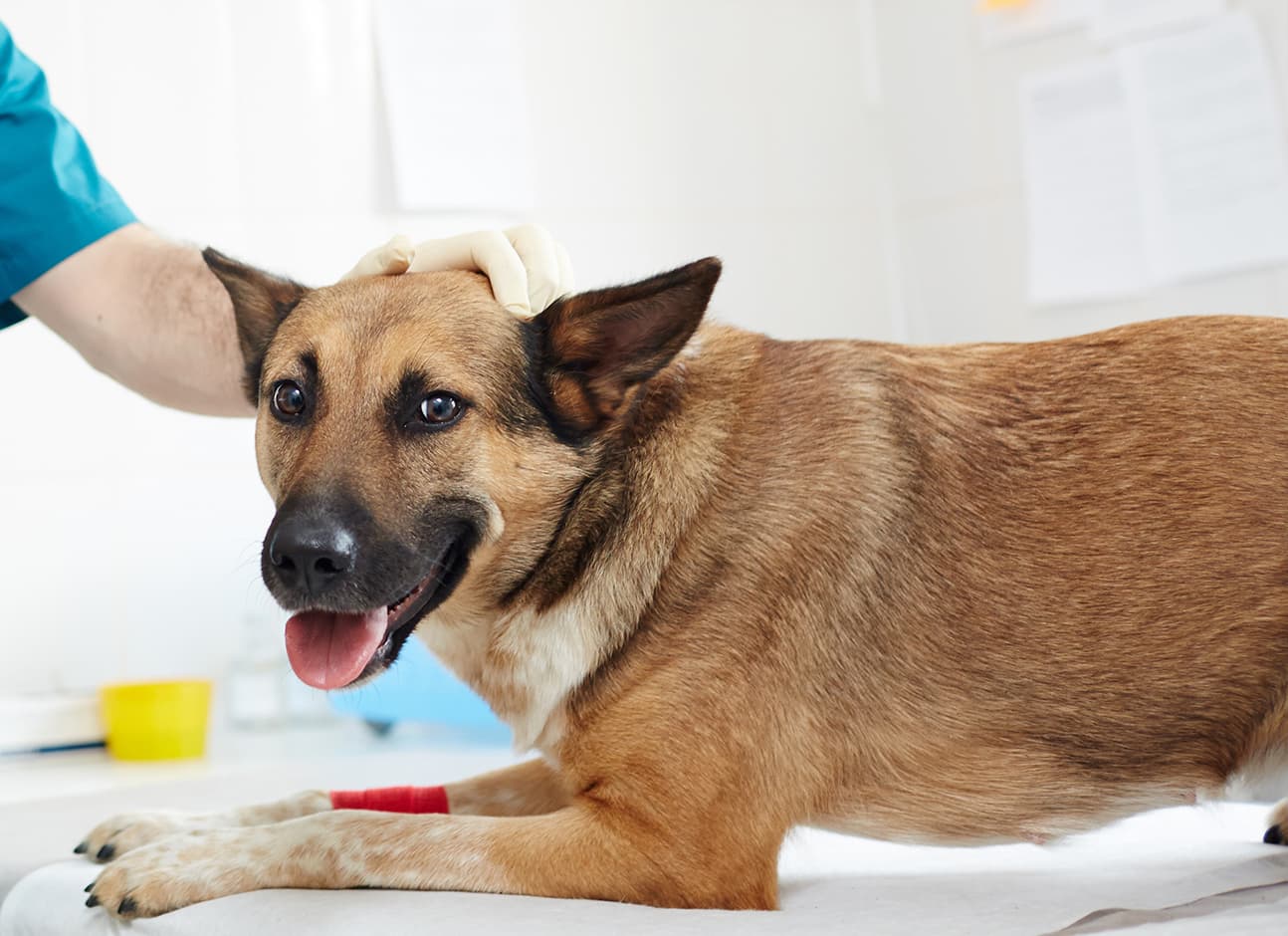Canine hot spots are one of the most common skin diseases in dogs. Also called moist dermatitis or “summer sores”, they usually occur during the summer months when the weather is hot. They are painful lesions on your dog’s skin that oozes pus and can even bleed. Hot spots induce licking, biting, and scratching behaviors in your dog which can make it harder for them to heal, and also fosters the spread of bacterial infections.
Hot Spots are commonly caused by skin irritants such as parasites, anal sac disease, alea allergy dermatitis, skin and ear infections, food allergies, moisture trapped under the coat, and anxiety, stress or boredom which informs extreme licking behaviour in dogs. Some signs to watch out for include redness, swelling, or hair loss. However, these symptoms can be easily confused for other skin conditions. So if you notice such signs in your canine friend, you must take your pet to the veterinarian immediately as hot spots do not resolve themselves.
Although they can occur anywhere in your dog’s body, they are usually found on the head, limbs, and hips. Even though any dog can develop hot spots, certain canine breeds including German Shepherds, Labradors, Saint Bernards, Golden Retrievers, and Rottweilers are more susceptible to the condition.
Treatment for hot spots usually involves examining and treating the underlying cause(s). You can clip the hair around the affected area to prevent matting, and then clean it using gentle antiseptic solutions like chlorhexidine. You can also use medicated wipes to mildly clean the area regularly, until the condition subsides. Your veterinarian may also prescribe topical or oral antibiotics to treat bacterial infections. Additionally, they may also prescribe allergy medications to eliminate the underlying cause of itching.
Although hot spots can be a cause of great irritation and pain for your dog, there are a few steps that you can take to prevent it. Regular grooming, timely treatment of skin infections, parasite prevention, allergy management, and observing good hygiene are some ways to prevent the summer sores. You must also properly dry your dog after baths and swim sessions to ensure no moisture is retained under their coat. You can always contact your veterinarian to know more about canine hot spots and the ways in which you can treat and prevent them.
A healthy coat reflects a healthy pet. Check out our specialized Dermatology services now.
